1. Typists and stenographers
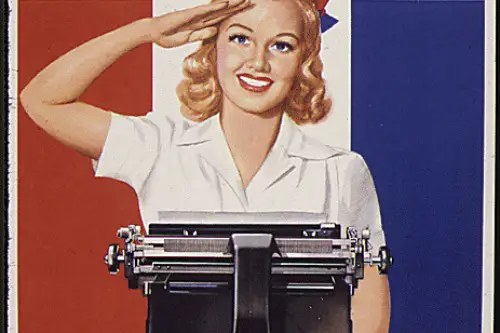
Corporate offices once had entire departments of typists and stenographers who handled dictation and typing duties. Personal computers and word-processing software have made this specialized role redundant in most workplaces.
2. Milkmen
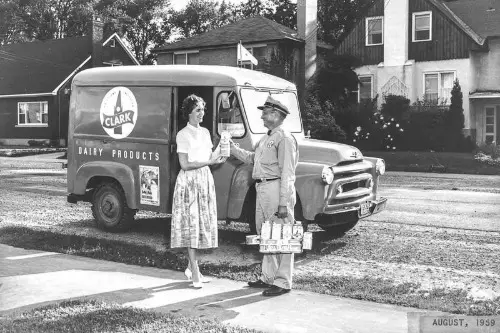
In the days before widespread refrigeration and grocery stores stocked with endless milk options, milkmen delivered fresh milk directly to people’s doorsteps. By the 1980s, better refrigeration and supermarket accessibility made this job a thing of the past.
3. Bowling pinsetters
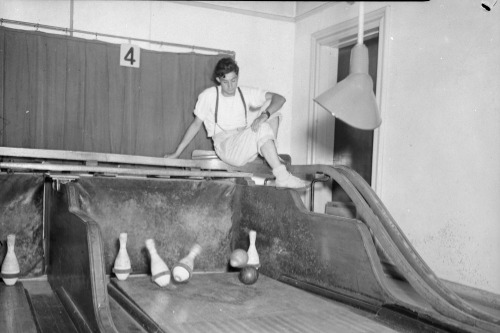
Bowling used to be a lot more labor-intensive. Before automated pin-setting machines, teenagers were often employed to reset the pins by hand. This physically demanding job disappeared as automation revolutionized bowling alleys.
4. Elevator operators
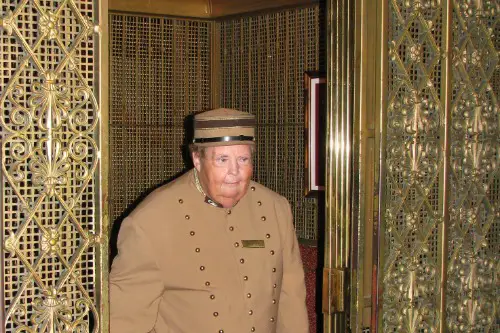
Back when elevators were less automated, operators were hired to manage them, pressing buttons and ensuring a smooth ride for passengers. Today’s elevators are self-service, and the need for an operator has disappeared entirely.
5. Keypunch operators
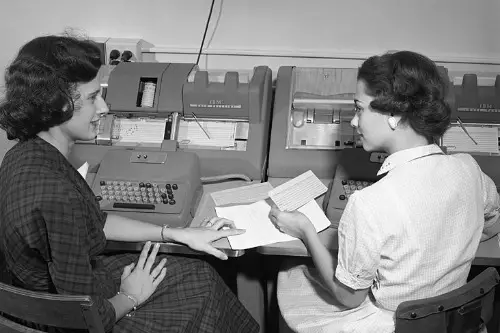
In the early days of computing, data was entered into machines using punch cards, and keypunch operators were responsible for creating them. The job vanished with the advent of direct data entry via keyboards and modern software.
6. Video rental store clerks
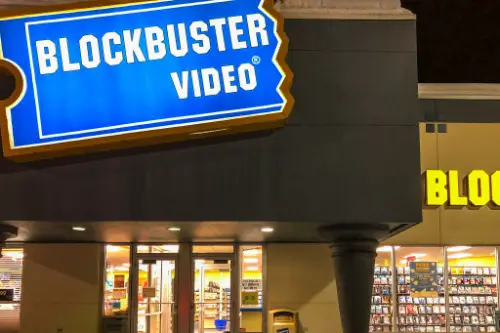
The rise and fall of video rental stores like Blockbuster is a cultural moment many remember fondly. Clerks helped customers choose VHS tapes and later DVDs for weekend movie nights. Streaming services rendered this job obsolete almost overnight.
7. Ice cutters
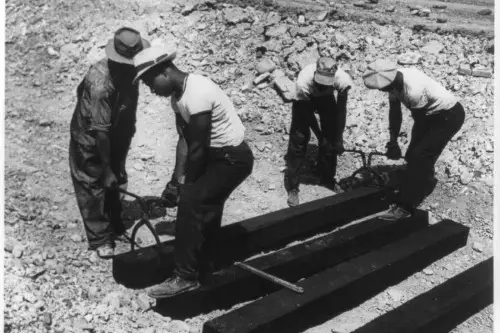
Before electric refrigeration, ice cutters harvested ice from frozen lakes in winter to supply homes and businesses year-round. By the 20th century, refrigerators and freezers made this dangerous, seasonal job unnecessary.
8. Switchboard operators
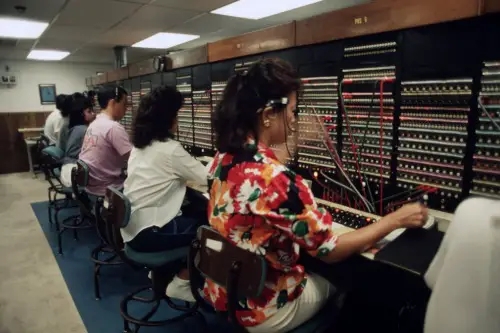
Before cell phones and automated systems, switchboard operators were the human connectors of phone calls. These workers manually plugged wires into panels to route calls. As telecommunications technology advanced, the job became obsolete, replaced by computerized systems that are far more efficient.
9. Railroad telegraph operators

These workers were the backbone of communication for the railroads, sending and receiving messages via Morse code. With advances in telecommunications and modern train management systems, this once-critical job has disappeared.
10. Photographic film developers
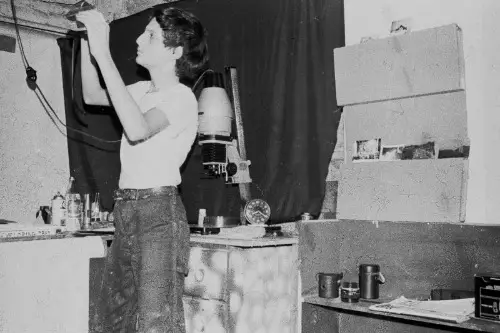
In the era of film cameras, photos had to be developed in a lab, a process handled by skilled developers. The rise of digital photography eliminated the need for this service, leaving many darkrooms abandoned.
11. Soda jerks
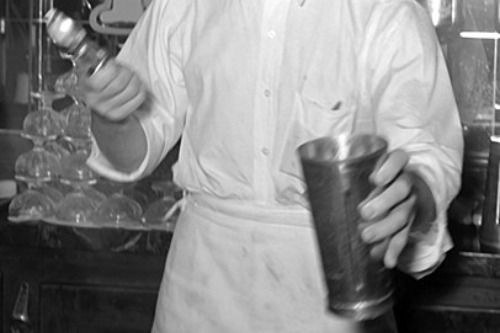
Soda fountains were iconic gathering spots in the mid-20th century, and soda jerks mixed fizzy drinks and milkshakes with flair. As fast food chains and modern diners took over, this role faded into history.
12. Newspaper typesetters
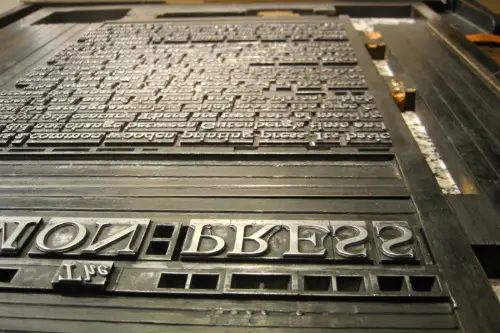
Before digital publishing, newspapers relied on typesetters to arrange metal letters for printing. The introduction of computerized typesetting and desktop publishing systems ended this centuries-old job.
13. Linotype machine operators
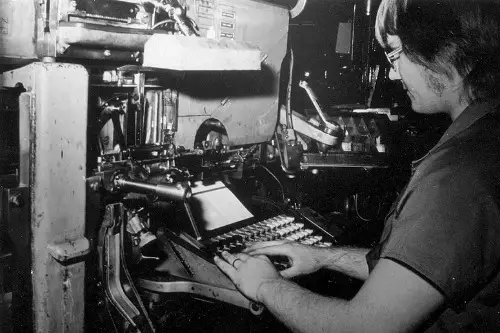
Linotype machines revolutionized printing in the late 19th century, but their operators were phased out by digital printing technologies. By the 1970s and 1980s, this once-highly-skilled job was disappearing.
14. Projectionists in movie theaters

While a few theaters still employ projectionists, the widespread adoption of digital projection has nearly eliminated the job. In the past, projectionists were essential for threading film reels and ensuring a seamless movie experience.
Each of these jobs tells a story of how our world has changed, often for the better, though sometimes with a touch of nostalgia for what’s been lost. What other jobs do you think might disappear in the next 50 years?


